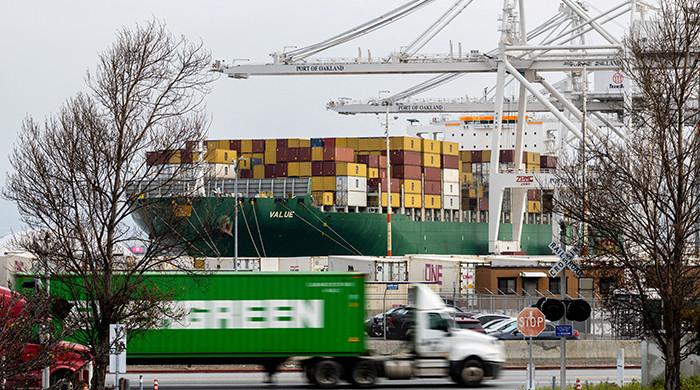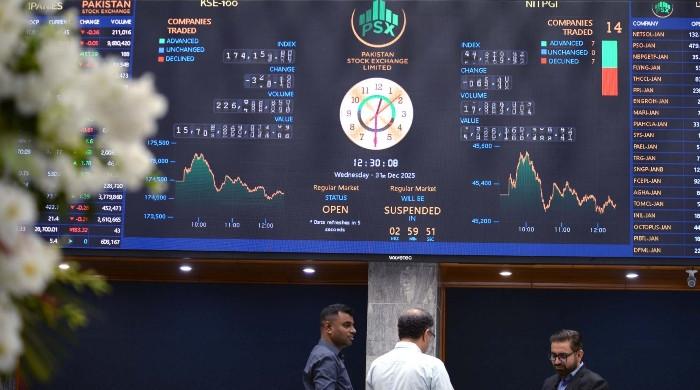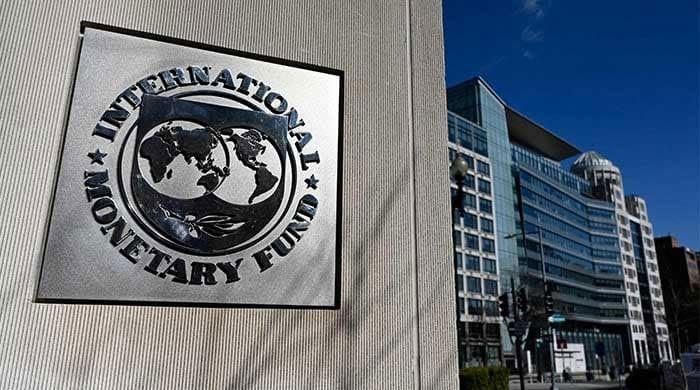Oil sector seeks revision in tax ordinance to ease burden on OMCs
OCAC proposes amendments in minimum tax under Section 113 of the Income Tax Ordinance, 2001
May 07, 2023

- OCAC proposes amendments in minimum tax.
- Council writes letter to FBR for second time.
- At current price, minimum tax eats up 23.5% of margin.
KARACHI: The Oil Companies Advisory Council (OCAC) have urged the Federal Board of Revenue (FBR) to make some amendments in Income Tax Ordinance 2001 as the current rate of taxation on petroleum products eats up around 23.5% of oil marketing companies’ (OMCs) fixed margins, The News reported on Sunday.
The proposal comes as the price of petroleum products are expected to rise further after which the impact of minimum tax will further diminish the OMCs margins, OCAC stated.
The council proposed amendments in minimum tax under Section 113 of the Income Tax Ordinance, 2001.
This is the second letter of OCAC to the FBR as a similar suggestion was given on April 5, 2023. The FBR also held a meeting with the representatives of OCAC on the said matter; however, the meeting did not yield the desired results.
The oil sector representative body pointed out that prices of petroleum products (high speed diesel and motor spirit — petrol) and the margins thereon are fixed by the government and cannot be changed unless approval of the relevant ministries of the government is obtained.
This fixed margin covers all costs related to establishment, development and set-up of the business and running of the business, including capital cost and financial costs and has been recently revised to Rs6 per litre for both products, it stated.
However, the oil body said that at current price, the minimum tax eats up around 23.5% of the OMCs’ fixed margin. Furthermore, based on the current global and economic scenario, petroleum prices are expected to rise and the impact of minimum tax will further diminish the OMC margins.
OCAC proposed that the rate of minimum tax applicable on refineries and OMCs should be reduced from 0.5% to 0.25%; and adjustment/carry forward of minimum tax credit should be allowed for five years as was the case prior to amendment made via Finance Act, 2022.
According to the oil sector, OMCs purchase the petroleum products from local refineries and also import the same for further distribution through petrol pumps and to industrial and commercial users. The selling price of petroleum products is determined by OGRA whilst the margin per litre to be retained by the companies as fixed by government is included in the sale price of the POL products.
The OMCs’ margin has no nexus with the level of price. Whilst OMCs prepare their audited financial statements in accordance with the requirements of the International Accounting Standards and the Companies Act, 2017 on the basis of the gross value of POL products purchased/sold, the actual margin of the OMC from sale of POL products is the fixed margin as allowed by government.











